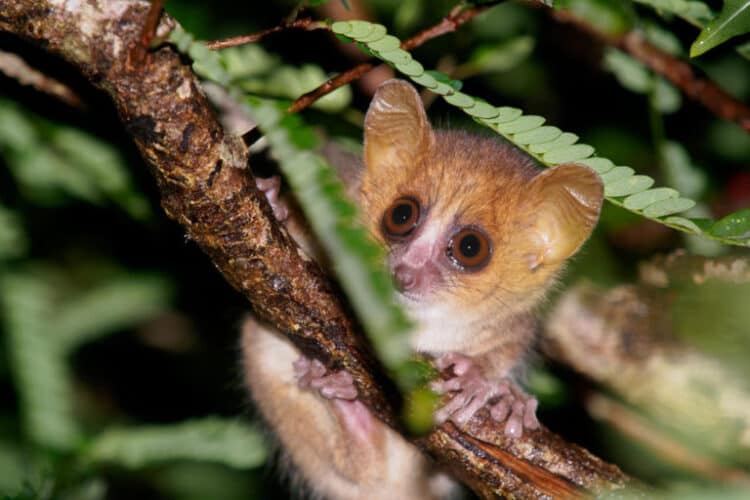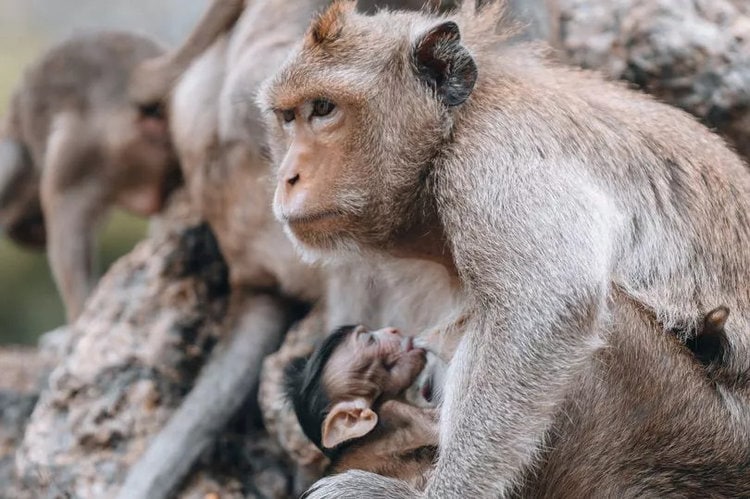Scrubbing behind the ears of a docile Asian elephant at a sanctuary outside of Kandy, Sri Lanka, I should have realised this wasn’t normal behaviour for a wild animal to allow me so close.
At the time, back in 2009 and thousands of miles from home, it seemed harmless.
I was also told the experience was cruelty-free and the money I had paid went towards conservation of the species.
But observing the mahout (elephant trainer) hit the poor creature with a stick and then chain him up after our wash in the river, I realised its life wasn’t quite as idyllic as it had been made out to me.
Elephant-washing tourist attractions in Thailand have tripled in five years – despite conservationists saying the animals suffer in miserable conditions and are subjected to a cruel training process to make them “safe” to handle.
World Animal Protection (WAP) reviewed 357 venues holding more than 3,800 elephants across Thailand, India, Laos, Cambodia, Nepal, Sri Lanka and Malaysia.
It found 2,390 elephants suffering terrible conditions at 208 venues, with just 279 kept in high-welfare venues.
Conservationist Jane Goodall, who wrote the foreword for the charity’s report, said: “Many of these elephants have been captured as youngsters from the wild, others are bred in captivity, but all are torn from the love of their mother and families. And then comes a cruel period when they are beaten into fear and submission.
“Like us, elephants know joy and sadness, fear and depression. Like us, they feel pain. This torture goes on until their will is broken and they obey their mahout through fear.”
Thailand is home to three-quarters of the elephants identified in the report and has seen a 70% increase in captive elephants in just 10 years.
The report also said the number of tourist attractions offering chances to get up close to the animals had tripled in the last five years.
A recent poll from WAP found that over a third of people in Britain either didn’t know about or thought elephant bathing or washing was acceptable.
This is compared to three in 10 (30%) who said they either didn’t know or thought elephant riding was acceptable and 12% who said the same for elephants performing in shows.
Katheryn Wise, Wildlife Campaign Manager for World Animal Protection, said: “The steep increase in venues offering elephant washing is not a positive thing.
These venues are often promoted as ‘ethical, no-ride’ attractions, but this direct interaction requires the same control over the animal, which is only possible through cruel early training to obey commands.”
This article was first published by The Mirror on 23 August 2020. Lead Image: Nada with an elephant in Sri Lanka (Image: UGC).
What you can do
Support ‘Fighting for Wildlife’ by donating as little as $1 – It only takes a minute. Thank you.





:max_bytes(150000):strip_icc():format(webp)/grandy-849074536-8686b617b7a24af39d970c3f1981b94a.jpg)

Leave a Reply